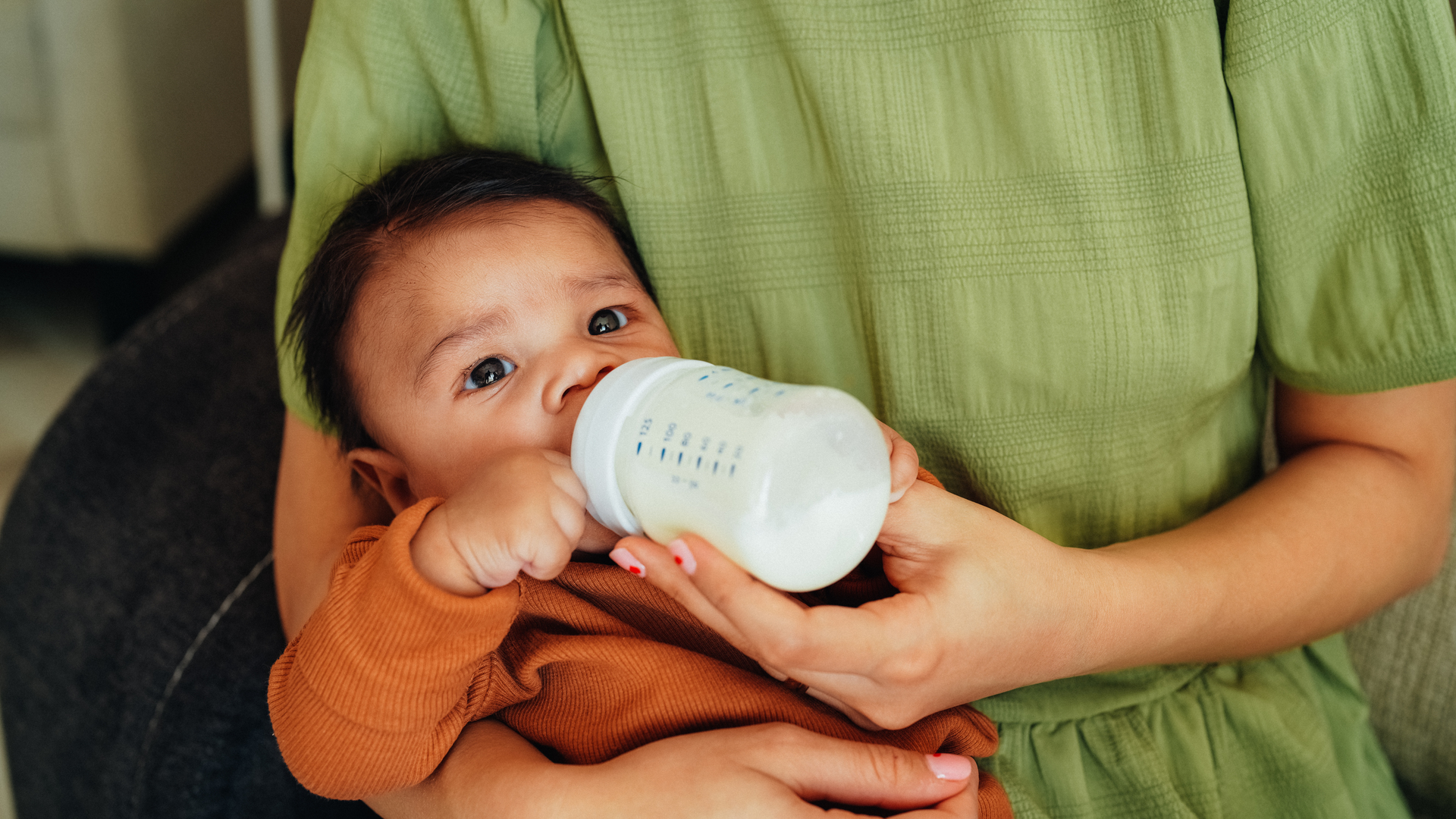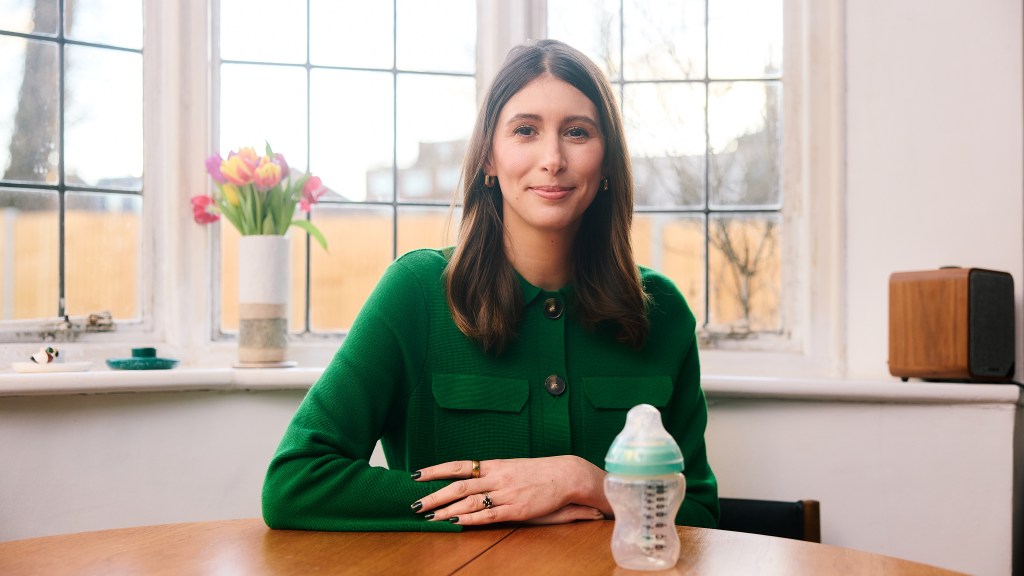The Pressure Surrounding Infant Feeding: Why Formula is a Valid Choice
A recent conversation with a friend who has a toddler sparked a significant realization for me: “I wish I had seen an article saying it was okay to use formula. When breastfeeding became challenging, no one gave me the green light to explore other options.” So let’s address this directly: using formula to feed your newborn is perfectly acceptable, whether by choice or necessity. The notion that ‘breast is best’ should be replaced with ‘fed is best.’ The priority is a content mother and a well-nourished baby. Permission given—now please hold the baby while I take a step back.
While I joke, the reality of this subject matter runs deep. If I believed discussing sleep was contentious, the topic of feeding can ignite even more intense reactions. Despite my willingness to share personal experiences in this space, I find myself reluctant to reveal that my son is entirely formula-fed. This isn’t due to challenges with breastfeeding or issues with milk supply; I simply chose not to breastfeed, and that decision should not be viewed as radical in 2025.
Yet, it often ruffles feathers. During my pregnancy, I encountered numerous individuals, including midwives, who were perplexed that I had made my own decision, insisting, “You might feel differently once they are born…” Many antenatal coaches spent little time addressing bottle-feeding during the so-called ‘preparation’ sessions, instead promoting an expectation that newborns would instinctively latch on immediately after birth. This narrative set unrealistic standards that left many, including myself, feeling inadequate.
Among the myriad of ways new mothers experience anxiety, the conversation about milk stands out as particularly daunting. The fundamental act of feeding your child often triggers deep-seated emotions. When I learned that my son had lost too much weight during the first week due to underfeeding—thanks to misleading guidance from a healthcare professional—I felt like I had irrevocably failed him. Discussing that experience still brings me to tears.
Though I no longer need to attend local weigh-ins, I find myself going every couple of weeks. Despite feeling judged for his good appetite, as my husband puts it, it seems like a lose-lose situation.
Whether deciding between breastfeeding or bottle-feeding, so many of us share that feeling of inadequacy. Of all the challenging aspects of parenting receiving attention today, it seems feeding is one area where genuine openness is lacking, largely due to enduring judgment and guilt.

Friends who have breastfed have expressed feelings of “guilt, pressure, and grief” when those experiences did not unfold seamlessly. One acquaintance who now pumps feels compelled to reassure onlookers that she is indeed feeding her baby breast milk whenever she brings out a bottle in public. Conversely, a fellow bottle-feeding mom feels obligated to justify her choice to those who insist, “You should give breastfeeding a shot; it’s incredible.” Additionally, there is the logistical hassle: breastfeeding requires constant availability to the baby, while bottle-feeding entails managing a load of sterilized bottles and formula.
Of course, some women have had wonderfully fulfilling feeding experiences. My circle reflects the full spectrum, with those who found it amazing, manageable, or even exhausting. However, the common thread appears to be that irrespective of how we chose to feed our babies, we all have felt varying degrees of pressure at some point, leading to feelings of not doing enough or not doing it right. This judgment often becomes internalized and lingers.
For my family, bottle-feeding has been a positive experience. It allows my husband to participate in feeds, grants me more sleep, and means I am not glued to the baby. Friends have found it refreshing that I could return to my evening pottery class. Yet, while this choice has been liberating, it sometimes feels trivial. Shouldn’t I be at home with my baby rather than focusing on my own interests?
Ultimately, the core message is that parents should feel empowered to make feeding decisions without the burden of guilt or fear that choosing formula might impact their child’s future in some negative way.
We have far more in common than we think; this isn’t merely a ‘breast or bottle’ debate. I want to make it abundantly clear that formula is a valid alternative (and a preferable choice for my family), so that anyone who needs to hear this does. However, I am not interested in pitting these choices against each other; after all, regardless of how they are fed, all babies grow into toddlers who will refuse to eat anything besides plain pasta and cucumber.




Post Comment